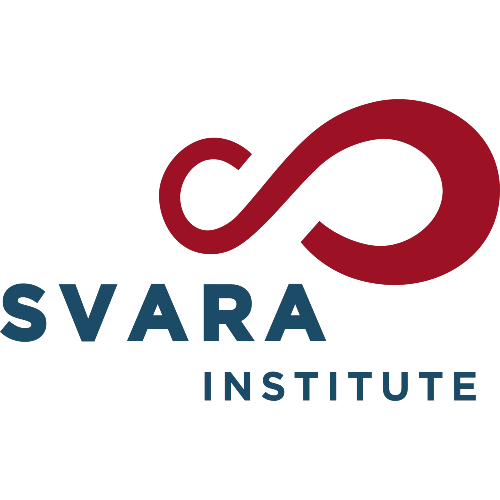Client: World Bank
In 2017 Svara Institute (formerly Presisi Indonesia), in cooperation with the World Bank and Ministry of Trade, reviewed the policy and performance of education and health services in Indonesia. International evidence suggests that health and education are among the services sectors whose trade is most restricted. That is perhaps unsurprising given the large externalities associated with the provision of these services. However, restricting trade in these service areas may also backfire to the extent in which increased competition, investments and movement of service suppliers may help the domestic health and education sectors.
This study examines the trade-related policies affecting higher education and health services in Indonesia. It aims to inform the policy debate with the view to improve domestic education and health systems. While trade policies are only a relatively small part of the policy framework regulating the two sectors, they are important as they determine the relative integration of the Indonesian systems with the rest of the world. As a result, the report argues that those trade policies play an important role in the quality of Indonesia’s higher education and health systems.
